Prime Minister Pushpa Kamal Dahal 'Prachanda' has opined that higher education in Nepal at present is challenging.
Addressing a conference of university vice-chancellors on 'Uniformity in the Standard of Higher Education and Internationalization' organized in Dhulikhel, Kavrepalanchok today, he said attention should be paid in the development of the physical and digital infrastructures required for providing higher education.
"On the one hand there is a need of making huge investments required for physical and digital infrastructures, skilled human resources and creating employment opportunities for providing quality technical and vocational higher education, and the state has not been able to make adequate investments for the same, while on the other hand there is the tendency of capable youths, who have been readied for entering university education after completing higher education with the nation's investment, going abroad, leaving the country," PM Dahal said.
Stating that the lack of adequate number of students enrolling in universities amidst the increasing number of those opening universities has invited a crisis in Nepal, he called upon all the universities fully running on government grants should take this challenge or crisis as an opportunity. According to the Prime Minister, the initiative for bringing the counterparts of all universities at one place is a new initiation for us.
"Nepal needs to transform itself into this competition. We will be in a situation of only complaining of our youths leaving the country in their thousands for higher studies if we do not make efforts for raising the standard of higher education to world-class," the PM asserted, reminding that the university education programmes the world over have entered the age of unimaginable research, investigation and innovation at present.
He also reminded on the occasion that it is the common responsibility of the state, intellectual circle and educational institutions and all to change this situation.
According to the Prime Minister, efforts to connect entrepreneurship and 'start-up ecosystem', to education system, government policy and the potential areas of investment are yet to yield tangible results hindering job opportunities.
He took time to say that the government decision to give an authority to determine standards for equivalency to higher education to the University Grants Commission is itself a significant endevour to highlight the Commission's role internationally. As the Prime Minister said, an integrated calendar of higher education has been implemented.
He pressed an idea for collaboration among universities in determining the curriculum, the examinations system, and establishment of labs and publications of research-based journals for maximum utilisation of available resources.
The PM also said, "There is essential to prepare policy-level and structural infrastructure to materialize the concept of developing Nepal into a hub for higher education."
He viewed that the provision serving the Prime Minister as an ex-officio Chancellor of all universities is impractical and its alternative should be sought without any political intervention towards that end.
The head of the government also stressed that there should be clear policies for measuring and monitoring of quality and education standards of universities being established at the province-level before the matter turns challenging. He urged universities to adapt regional and global changes in higher education studies.
He advised the leadership at the various levels in universities to think and act seriously to enhance the quality of education.






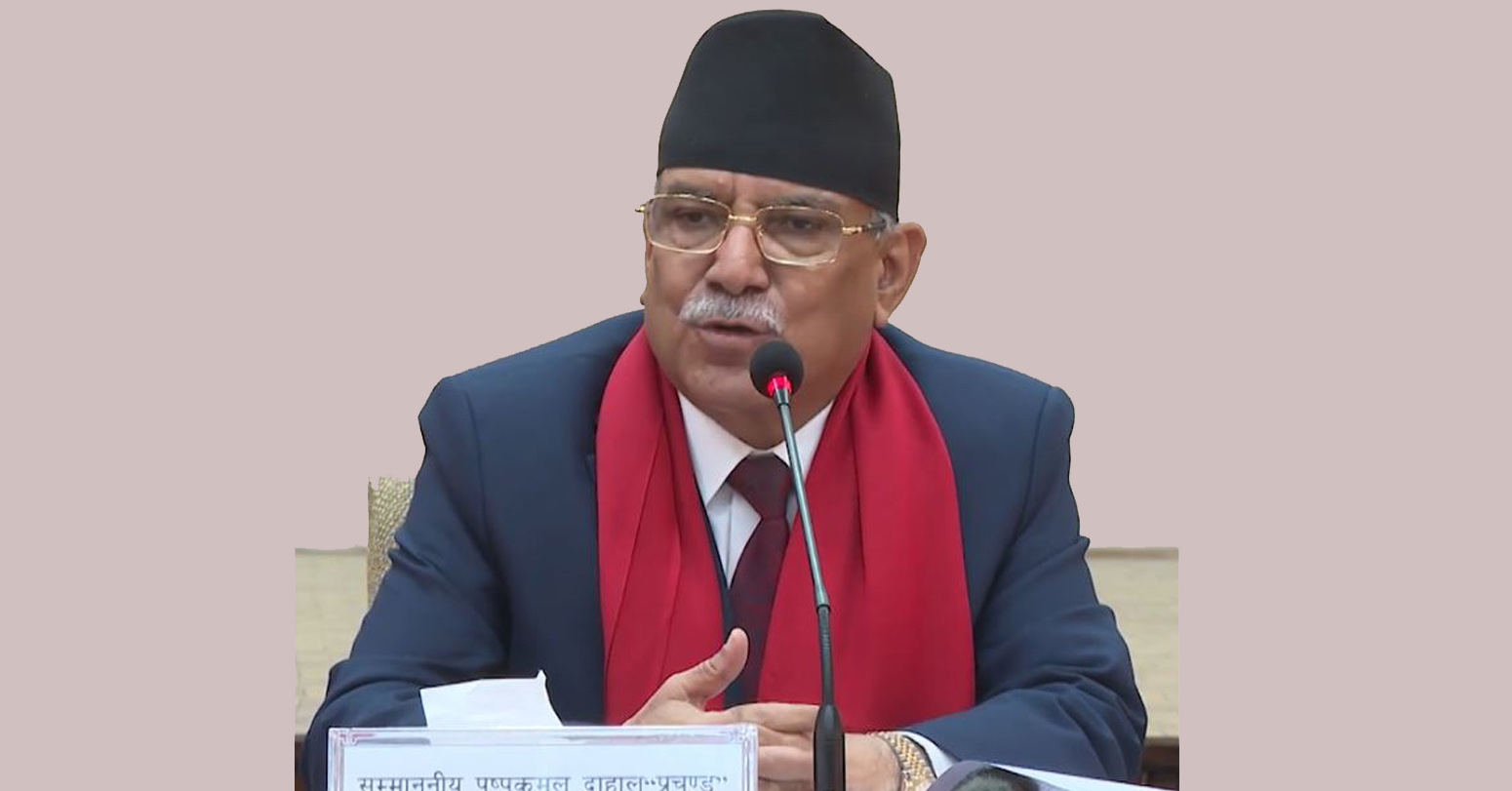

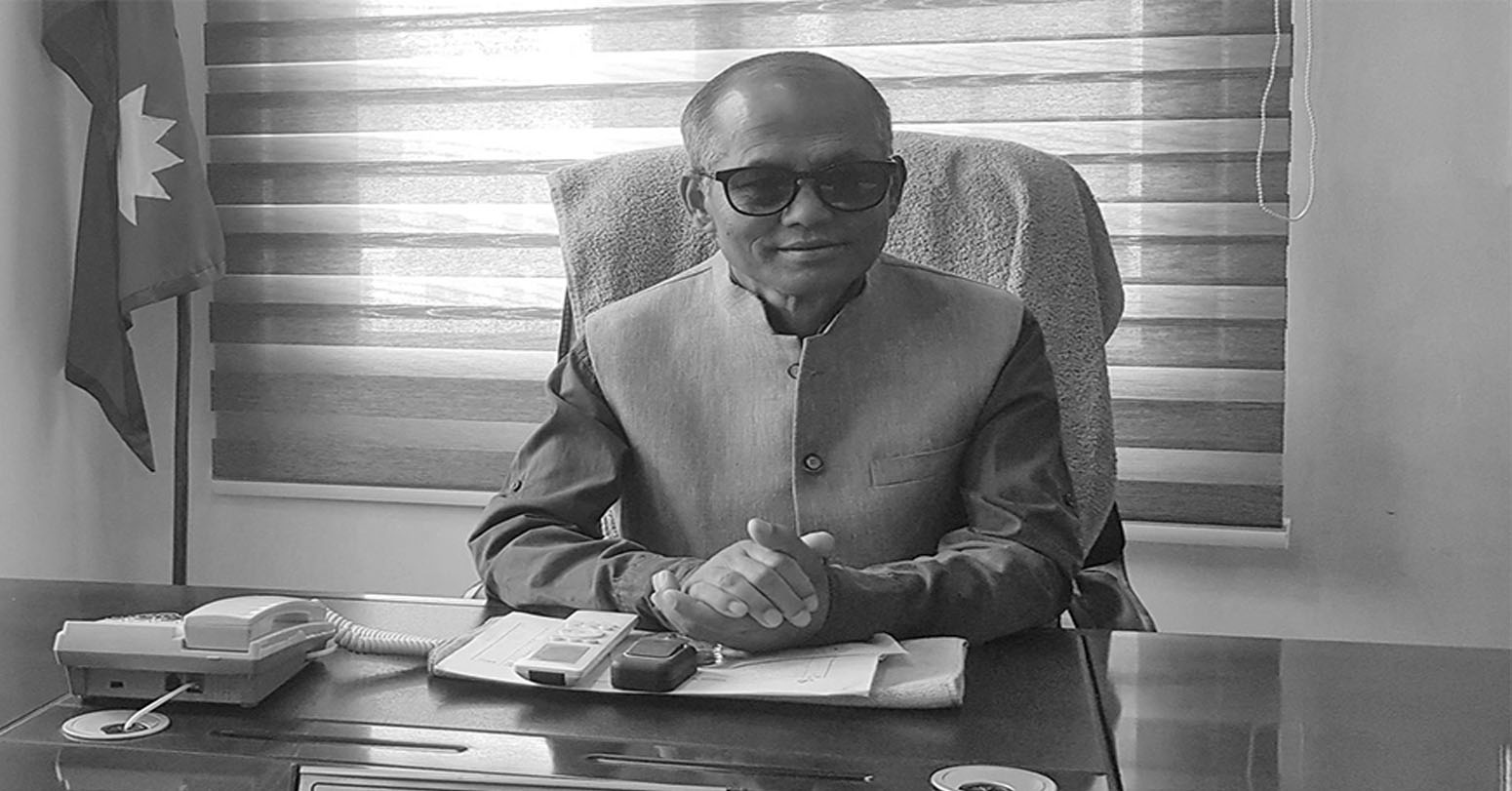

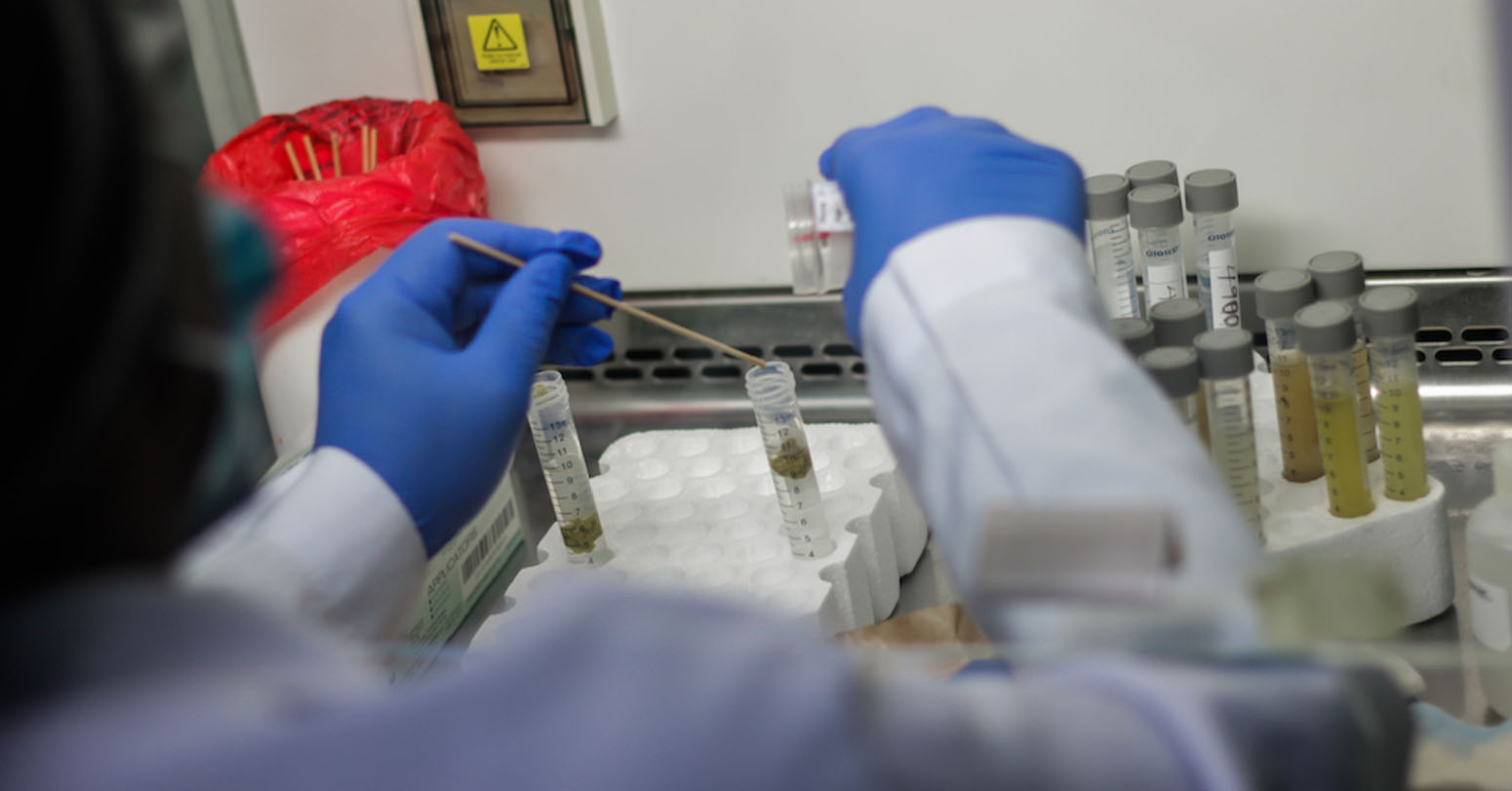
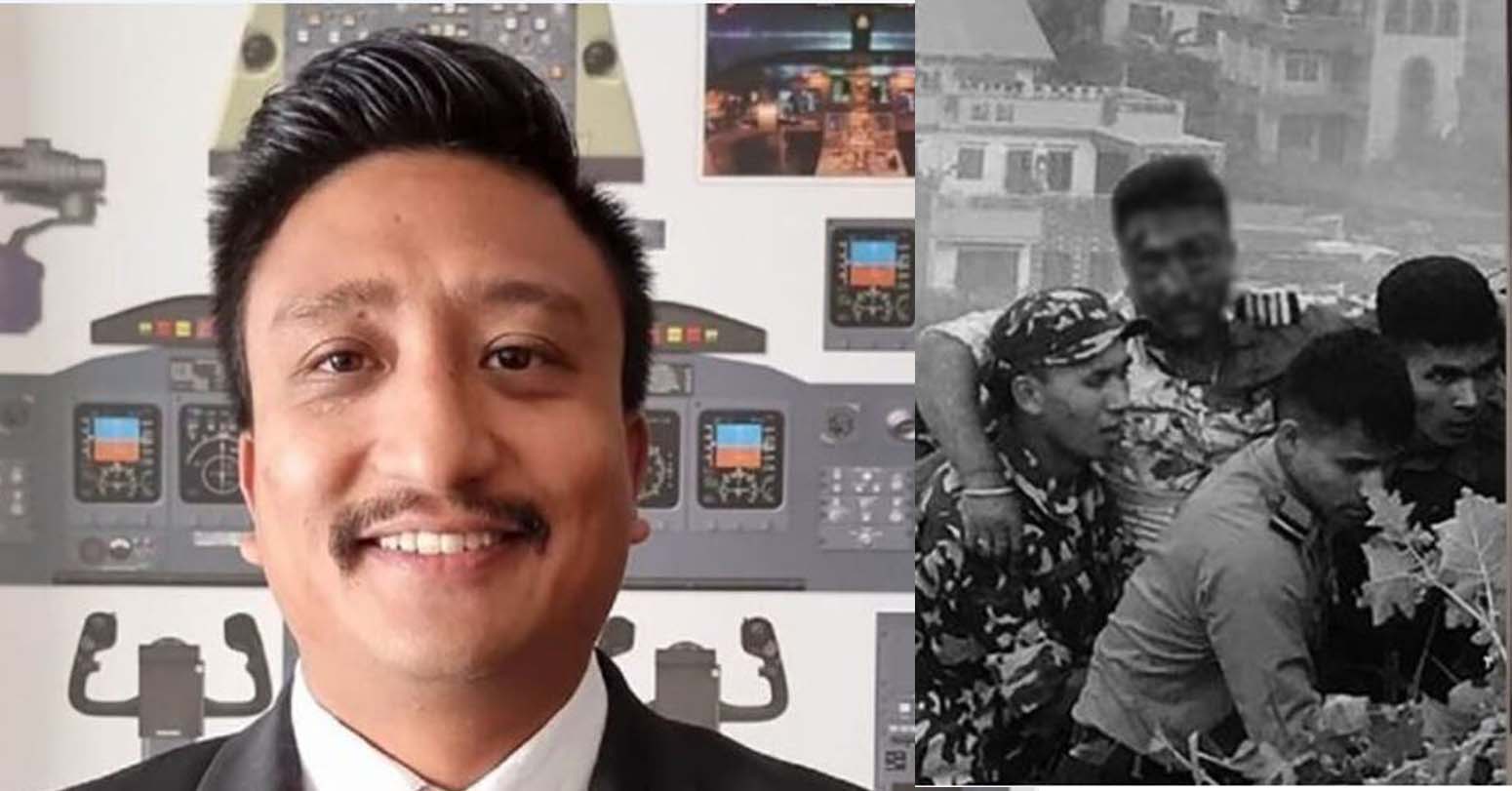
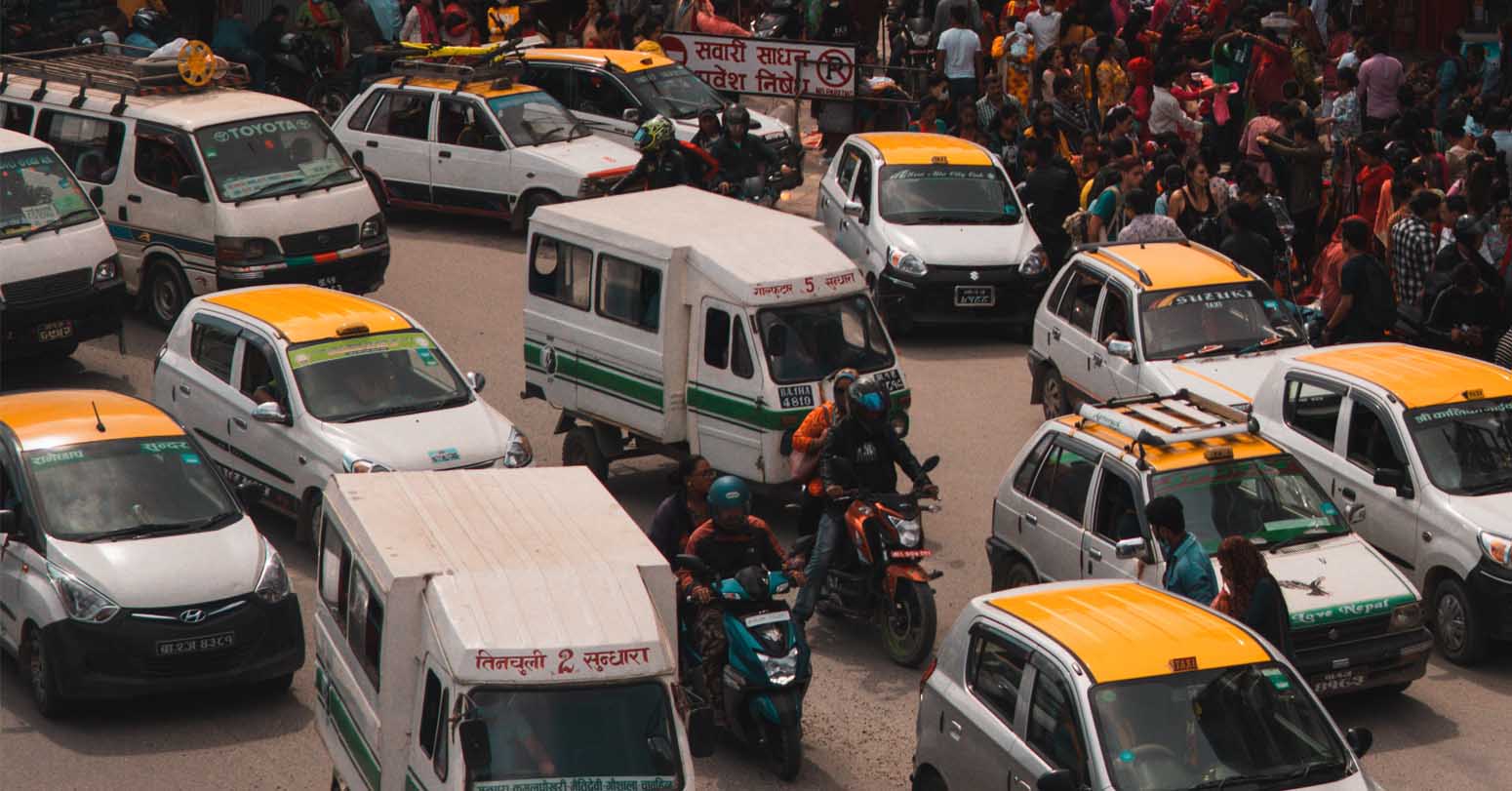
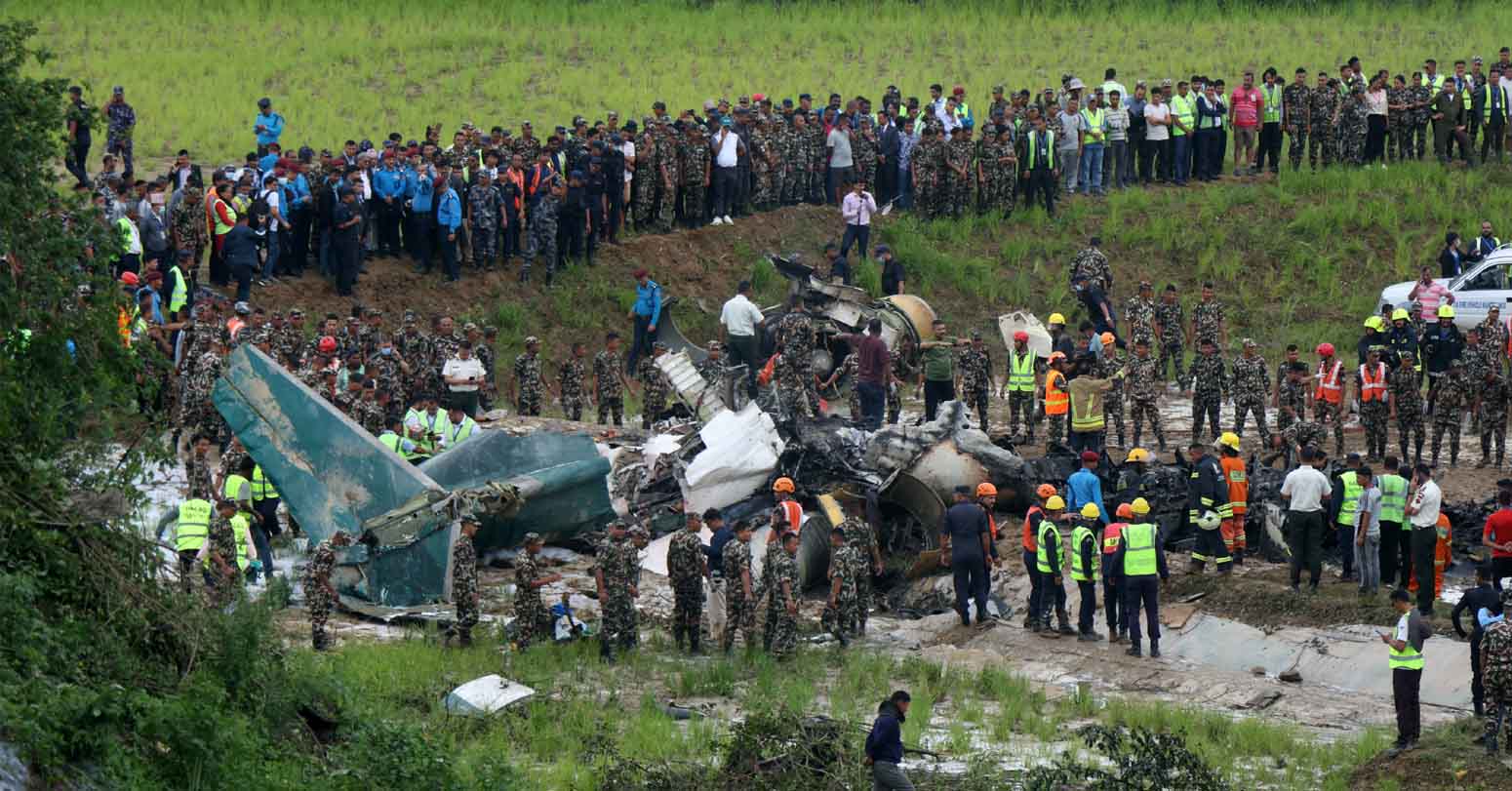
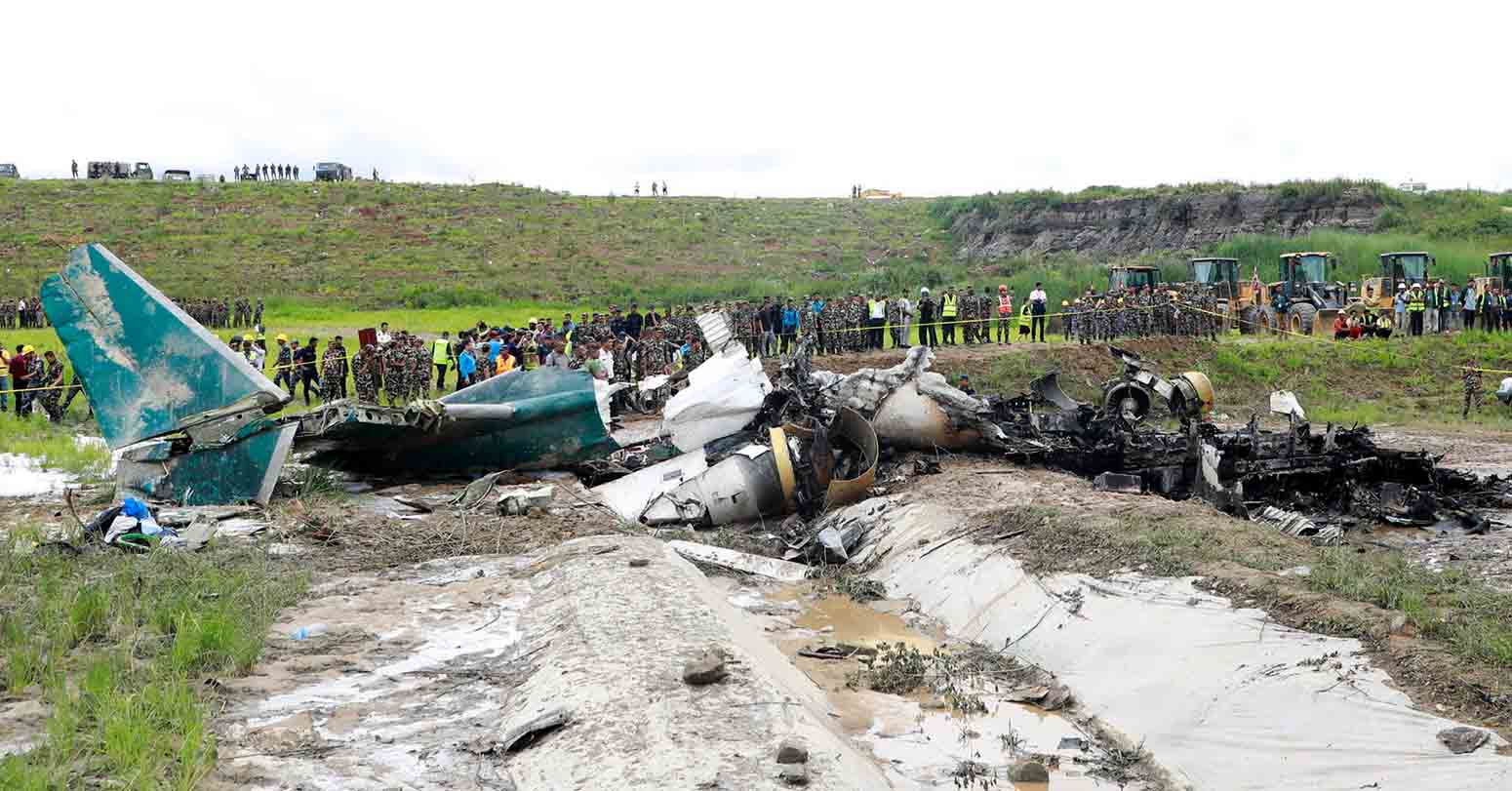
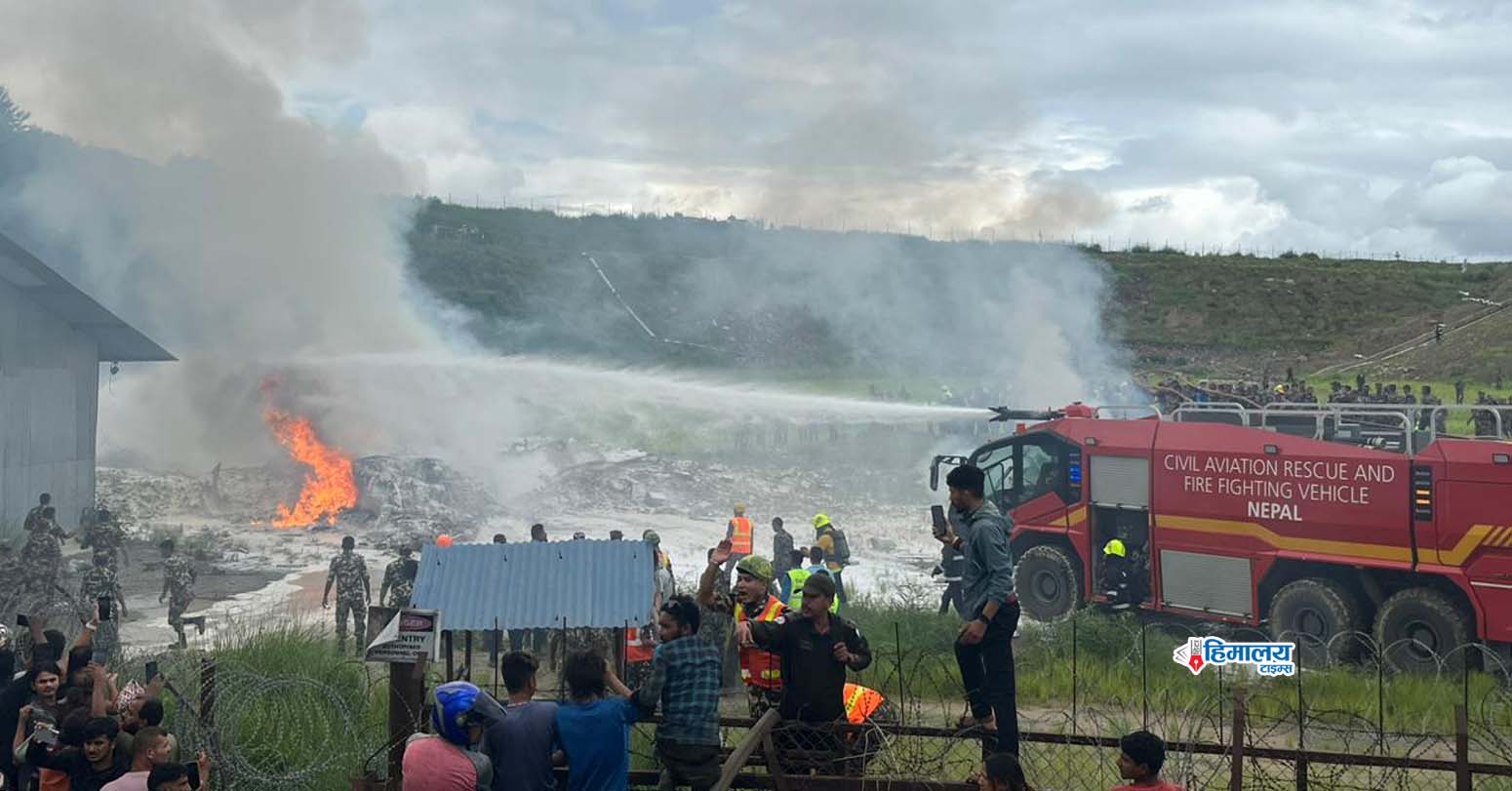
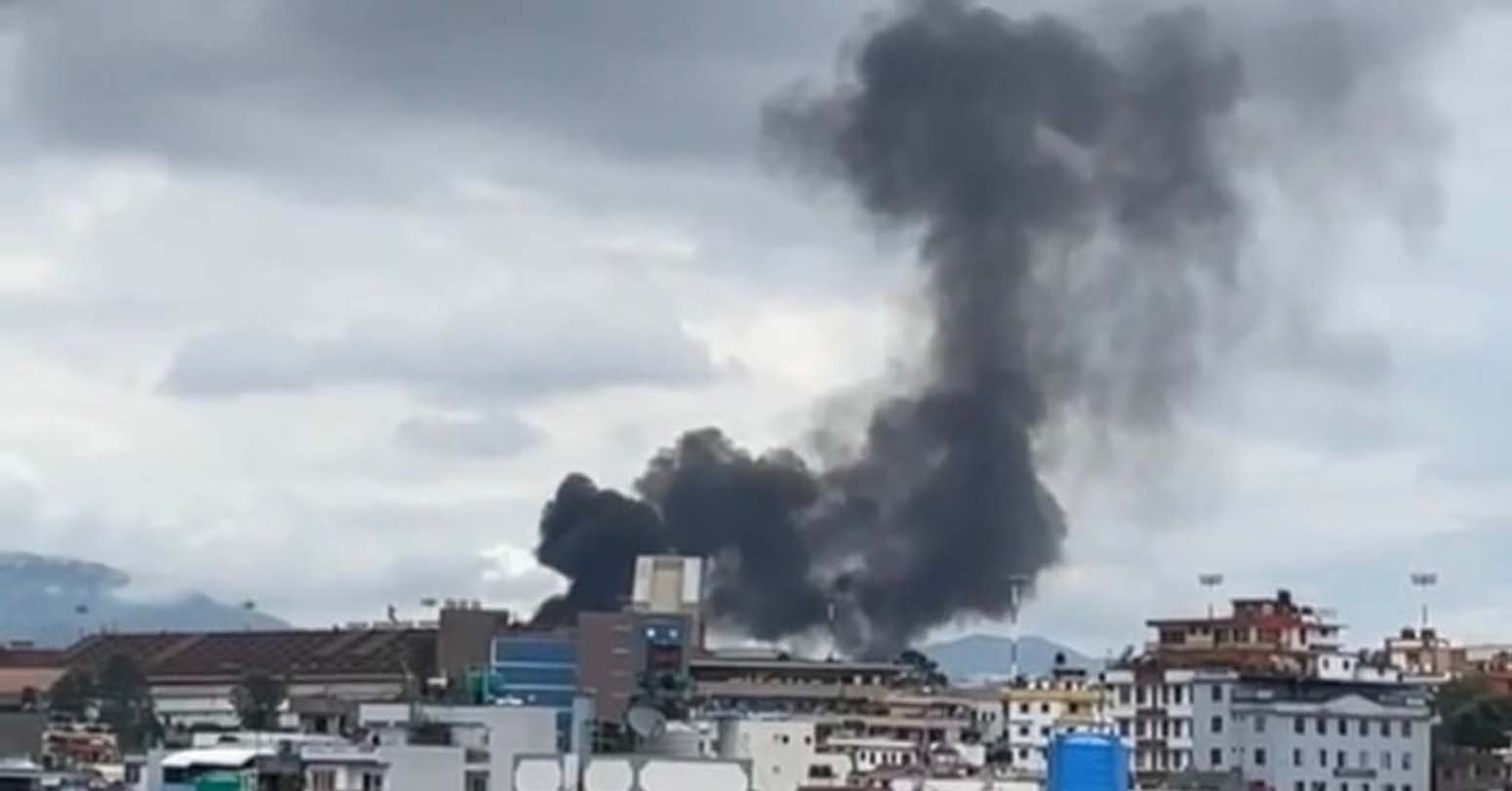

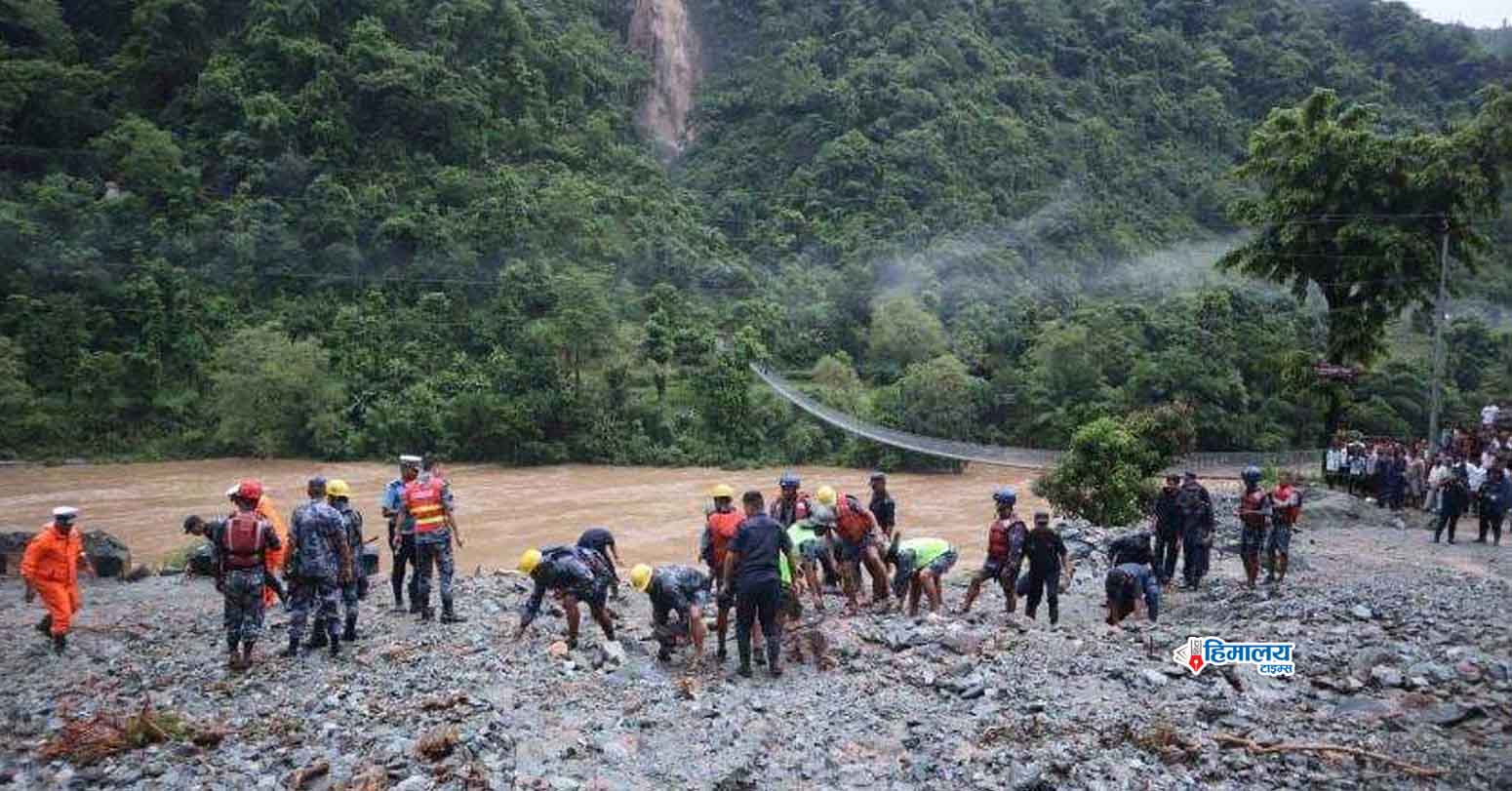
Comprehensive Data Protection Law Critically
Gender Differences In Mental Healthcare
Messi Wins Best FIFA Men’s
Erosion of Democracy
Fly Dubai Catches Fire in
“Complexities of the South Asian